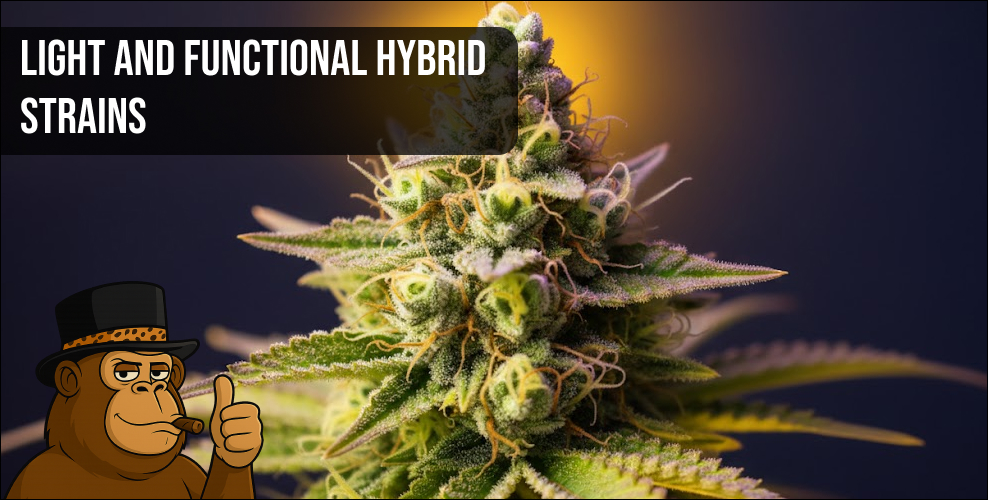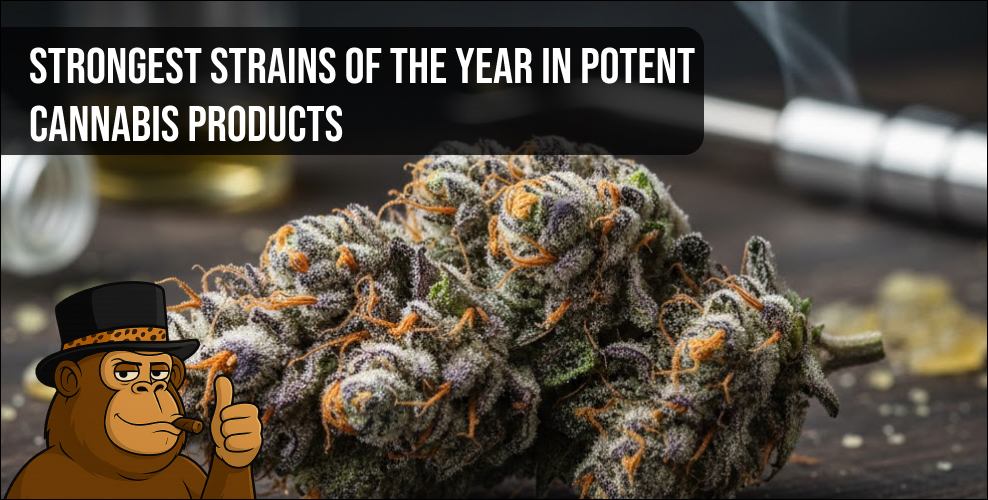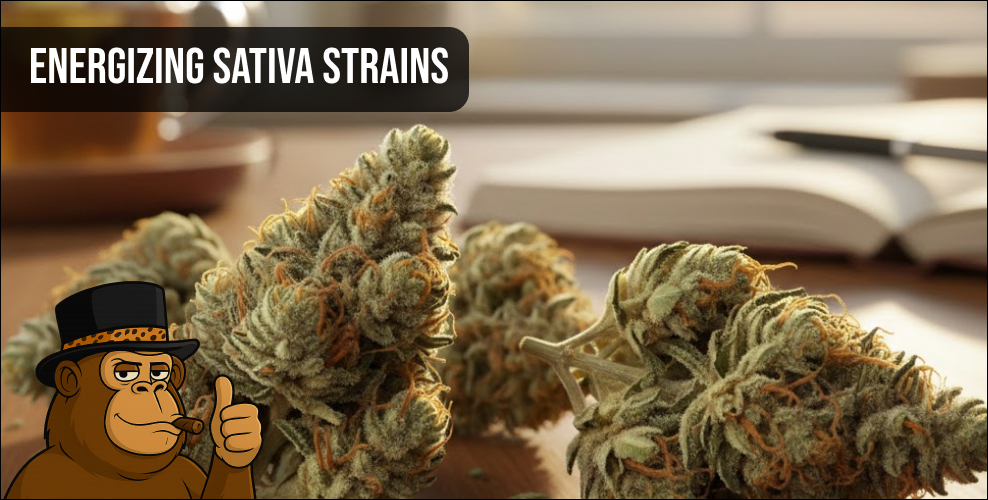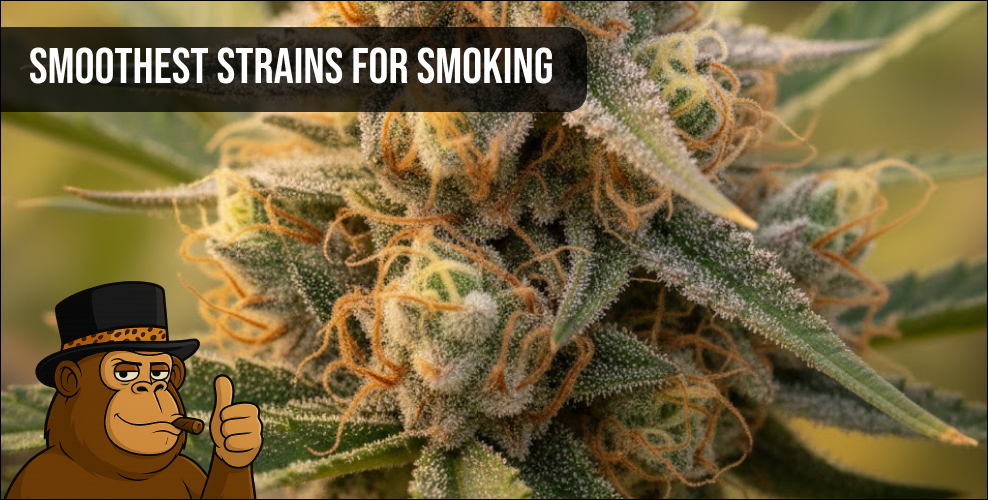THC Isolate: Pure Cannabinoids for Customized Cannabis Experiences

THC isolate is a product resulting from advanced cannabis extraction methods. It contains an exceptionally high concentration of THC, typically between 91% and 99%. This level of purity differentiates THC isolate from other cannabis products.
The process to produce THC isolate is complex and aims to eliminate impurities, resulting in a crystalline compound. This product can be incorporated into various cannabis formulations due to its adaptability.
Consumers seeking high levels of THC often turn to THC isolate for its potent effects. This article will detail the production, applications, and implications of using THC isolate.
For those who are interested in cannabis concentrates, we recommend reading these articles:
- Differences between live resin vs distillate
- Understanding THC Distillate: Dosage and Details
- Live resin vs Live rosin
What Is Thc Isolate, exactly?
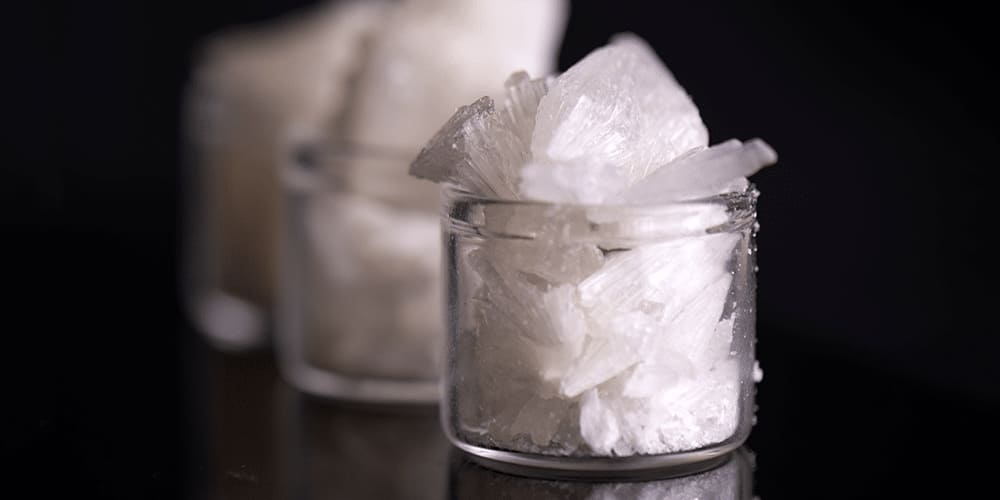
THC isolate is a product derived from advanced cannabis extraction techniques. It primarily contains THC, with concentrations typically ranging between 91% and 99%, making it one of the purest forms of THC available.
During its production process, other compounds like terpenes and flavonoids, which give cannabis its distinct aroma and flavor, are removed. As a result, THC isolate has no discernible smell or taste.
In terms of appearance, it usually presents as white crystals or a fine powder. This lack of color indicates the removal of the plant’s natural pigments during the extraction process.
In essence, THC isolate is a highly concentrated form of THC, free from other plant components, offering users a potent cannabis experience without other accompanying flavors or aromas.
For those unacquainted with live resin, consider THC Bomb — live resin sugar diamonds, a creation by Bomb Seeds. This potent hybrid boasts uplifting effects, citrus-woody flavors, and a THC range of 20-25%.
Another option is the Watermelon OG strain, also known as “Watermelon Kush” or “Watermelon OG.” This indica strain is celebrated for its relaxing properties and effectiveness as a sleep aid.
Explore our Live Resin Sugar Diamonds collection in the catalog to find your preferred choice. Live Resin isn’t just a process; it’s a celebration of the cannabis plant’s essence. By capturing it immediately after harvest, Live Resin technology preserves the vibrancy, aroma, and true nature of the plant, akin to an artist capturing emotion on canvas.
The Production Process of THC Isolate
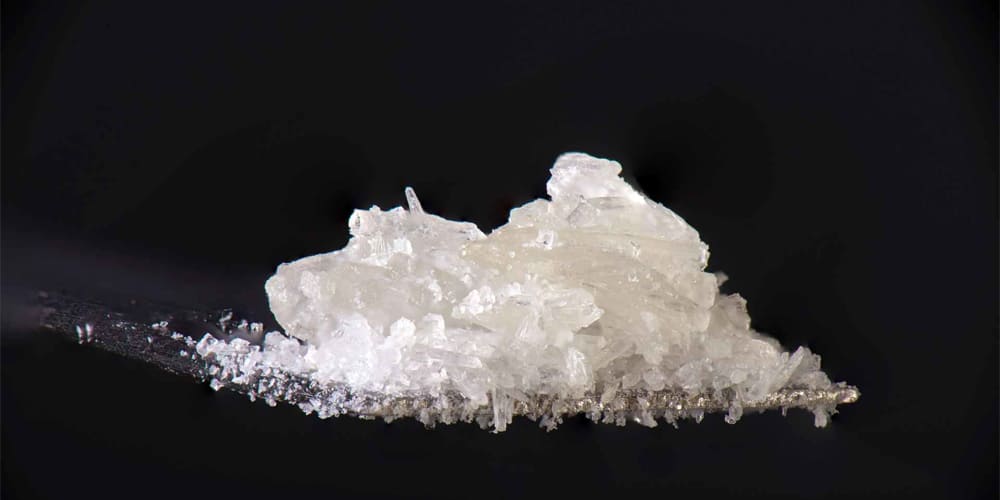
Producing pure THC powder entails a meticulous process of extracting THC from the cannabis plant, and there are various approaches to achieve this. Two prominent methods include supercritical CO2 extraction and ethanol extraction.
Supercritical CO2 Extraction
In this method, a closed-loop system elevates the pressure within a chamber to about 75 psi while simultaneously lowering the temperature of CO2 to approximately -56°C, creating a state known as “supercritical.” In this unique state, CO2 exhibits properties between those of a gas and a liquid.
The supercritical CO2 is then carefully circulated through a sealed chamber, effectively extracting valuable cannabinoids and terpenes.
While supercritical CO2 extraction requires substantial investment in industrial-grade equipment, the outcome justifies the expense, yielding pristine THC powder. An alternative technique, subcritical CO2 extraction, employs less costly equipment, operates at lower pressures, and yields smaller quantities.
Ethanol Extraction
Ethanol extraction offers an efficient and cost-effective path to THC isolation. This method directly applies ethanol solvent to extract cannabinoids from the hemp plant.
It’s crucial to clarify that ethanol extraction, despite misconceptions, is FDA-approved for extracting components from various plants for food and medication production.
However, one limitation of ethanol extraction is its tendency to co-extract certain chemicals, including chlorophyll. Chlorophyll, responsible for harnessing sunlight and providing plants their green color, may unintentionally accompany ethanol extraction.
To address this, a separate process might be necessary to effectively remove chlorophyll.
These methodologies exemplify the precision and versatility of THC extraction, each with its distinct advantages and considerations.
How Can THC Isolate Be Used?
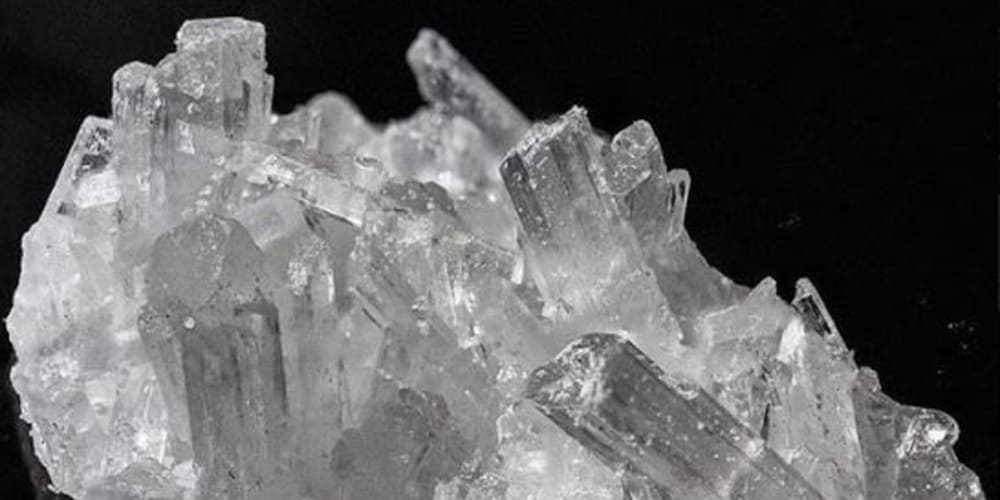
THC isolate is a concentrated form of THC used in various products. These include edibles, topicals, tinctures, softgels, nasal sprays, and certain pharmaceuticals. Its pure nature allows for accurate and consistent dosing.
It’s advisable to choose THC isolate produced in a Good Manufacturing Practice (GMP) certified facility. GMP certification is an industry standard for pharmaceuticals, dietary supplements, and cosmetics, ensuring product quality and safety.
What are the effects of THC Isolate?
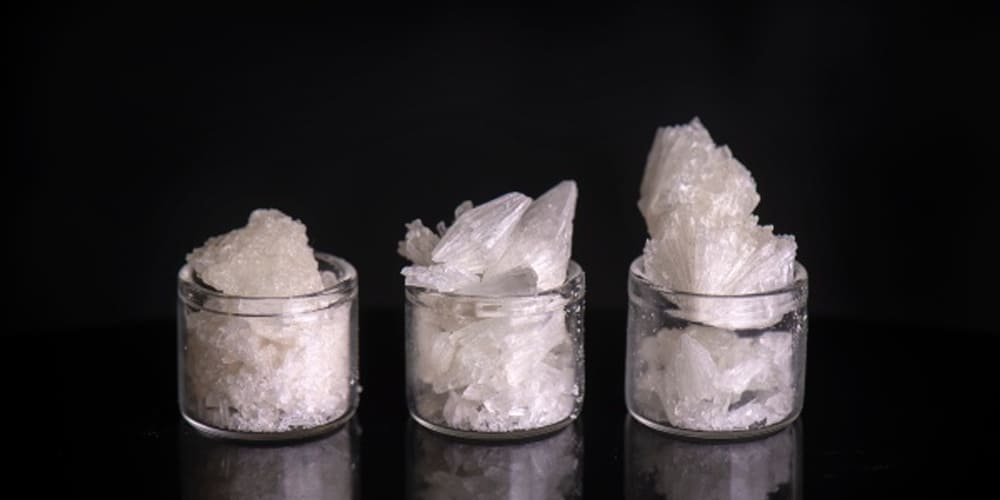
THC isolate is a concentrated form of THC known for its high purity. Consuming it results in a strong psychoactive effect, which includes feelings of euphoria and relaxation. These effects are immediate and can be intense.
Given its strength, THC isolate is typically recommended for users who are familiar with high levels of THC. Those new to cannabis or with low tolerance might find its effects too strong, so it’s essential to use it with caution.
A notable benefit of THC isolate is its precise dosing. Because it contains only THC and lacks other cannabinoids or terpenes, users can measure doses with more accuracy.
This is especially useful for medical cannabis patients, as it helps in providing consistent symptom relief for conditions like pain, nausea, or anxiety.
You can read more about THC Isolate effect in this research.
In summary, THC isolate is a highly refined and pure form of THC. Its effects are rapid and strong. The high purity level allows for precise dosing, which is beneficial for regular cannabis users and medical patients.
Overall, THC isolate is a result of advanced cannabis extraction techniques. It offers users a distinct and potent experience. As its use grows in various THC products, it highlights the advancements and potential of modern cannabis processing.





